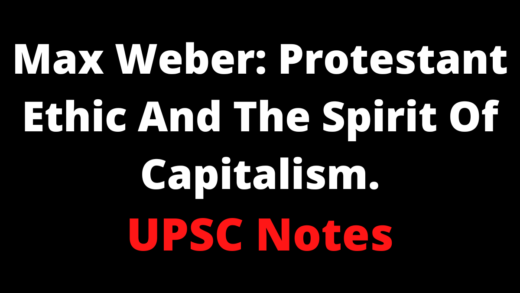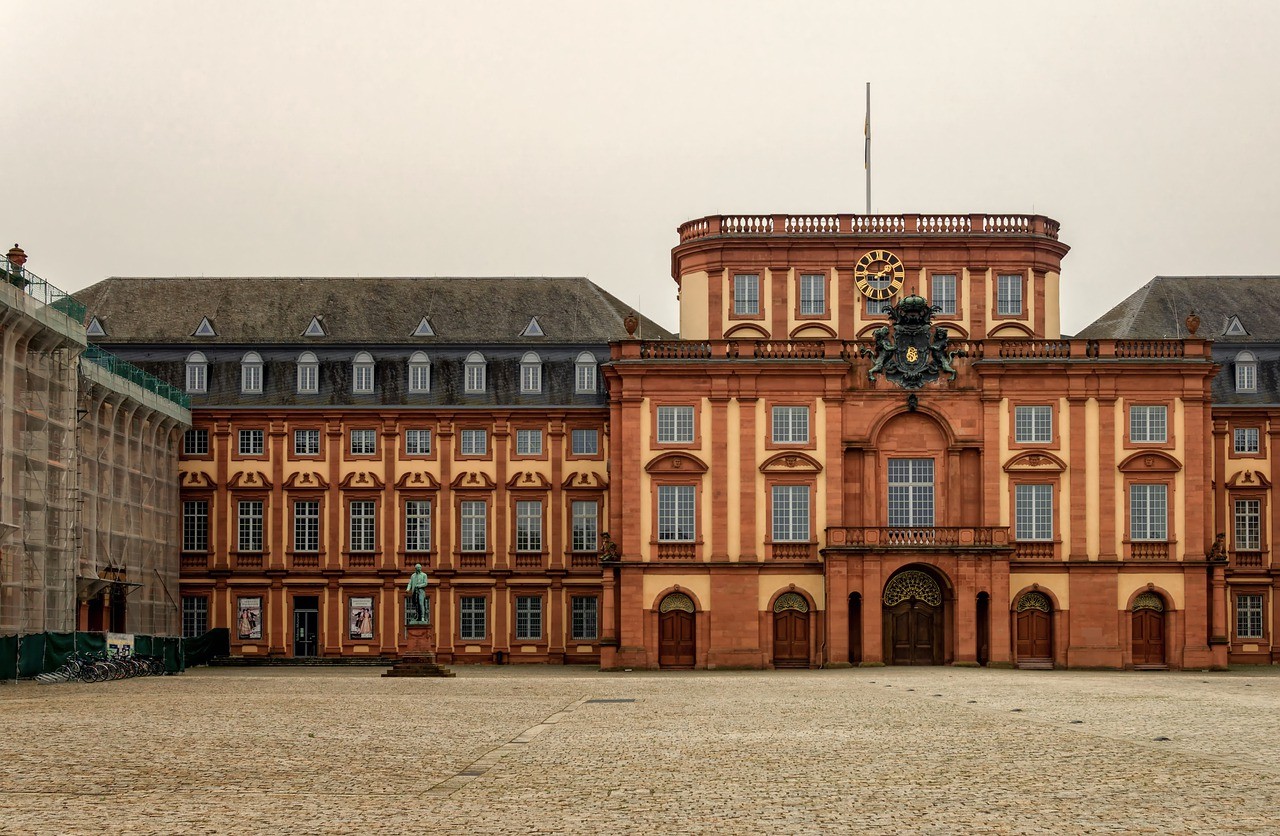The scope of sociology is nothing else but the area of sociological investigation and application. Even if the different sociologists refused to mention directly about the scope, each of them gave their different perspectives to make us understand the scope of sociology in a different field. Scope Of The Subject.
Society is a network of social institutions which includes education, family, castes, religion, etc. Each of them is dependent on the other. This creates a wider scope for the implementation and applicability of sociology in different fields. Scope Of The Subject.
Since society is comprised of multiple factors each requiring a specified subject to study, sociology has a large scope to be read with correlation with each of those subjects. Not only the economic or political life but also about scientific, philosophical, and psychological aspects have the advancements of sociology along with them. Scope Of The Subject.
Let us now summarise the major points of the scope of sociology as:
- Sociology is the systematic study of society, social groups, institutions, and social interactions.
- Unlike other subjects, sociology studies human society as a unified whole.
- With help of sociology, one can look into how a person interacts with his society through a vantage point.
- The scope of this subject is majorly in the area of analyzing social issues and in a nonnormative way suggesting the solutions for their improvement.
The subjects explain how the human societies originated and how the developmental changes came through and the social processes included during such change. Scope Of The Subject.
Scope of the subject sociology with the view of thinkers.
Different sociologists came up with sociological theories to discuss the significance of this subject to study human society. Some of the major philosophies of several famous thinkers are mentioned as follows: Scope Of The Subject.
- Two major concerns of early thinkers were: a) Laying down laws and norms of social evolution and b) Scientific analysis of social life.
- Weber defined the scope of sociology concerning social action.
- Parsons related the scope of sociology with the study of action systems.
- Marx mentioned that the main objective of sociology is “To study dynamic of relation and forces of production”.
- Radcliffe Brown said, “The subject matters lies in the structure of social interactions which can only be studied by fieldwork”.
With the emerging scope of sociology, formal and informal schools along with several other schools of thought came into the limelight.
1) FORMAL SCHOOL.
- Also known as micro-school. As per this school of thought, the scope of sociology was limited.
- Its major focus was on understanding instead of predicting.
- Defending understanding of social life.
Supporters of this school were Max Weber, Vonwiese, Vierkandt and F.Tonnis.
2) SYNTHETIC SCHOOL.
- Also called the macro school, had a goal of studying society in totality.
- It held a perspective that sociology is a fusion of all social sciences.
- Comprised all sciences under its scope.
- This school believed in organic structure.
- Supporters of this school were Durkheim, Sorokin, Hobhouse, Giddings, and Karl Manheim.
Two other schools namely the Marxist and the feminist school also emerged. The former emphasized critical thinking whereas the latter emphasized the centrality of sexual category in social change.










